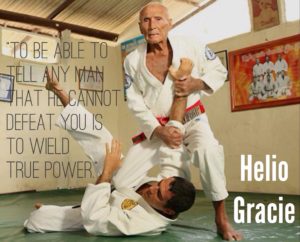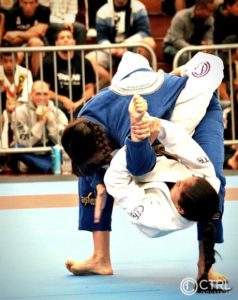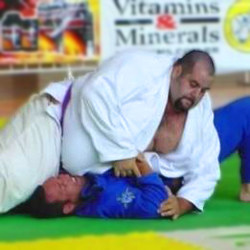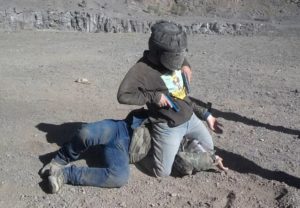There is a trick some instructors do in the self-defense/tactical community to make their training bio seem more impressive or give them more gravitas in an argument. For want of a better descriptor, that trick can be referred to as “padding the resume”.
The typical way it is applied is this: the instructor, to boost their standing in getting across their point in a debate will say something along the lines of “I have been training / practicing xyz for 20 years”. The other person in the debate, without that level of training, often will then acquiesce to the point. The problem is the instructor has NOT been training in the subject matter in the way he implies.
It comes up quite a bit when firearms trainers discuss unarmed aspects of fighting. Talking about entangled fighting for instance, this kind of trainer will let everyone know he has been doing Brazilian Jiu-jitsu for 20 years so when he says something, it seems proper. However, the truth is not quite as he portrays. What actually has occurred is that the instructor took a weekend BJJ seminar 20 years ago, has watched MMA since then, maybe actually joined a BJJ academy for 3 or 4 months 8 years ago, and just watched a video clip of Craig Douglas showing an aspect of entangled fighting in a weapons based environment.
I submit to you that while the time of 20 years when all that occurred did pass, that is not “training for 20 years” as any reasonable person will view it. What that is, instead, is about half a year of actual training spaced out over 20 years. When the person on the other side of the debate actually has been consistently and regularly doing BJJ (or MMA, or Sambo, of Muay Thai, or whatever H2H methodology), the argument level is not equal in any way shape or form.
Just as someone who “started hunting when he was 5, did some skeet shooting as a teenager, and then took a CCW class when he was 40” has not been actively training shooting for 35 years the way someone who is on the range and pulling the trigger almost daily is doing it.
Caveat Emptor. Make sure the instructor gives his full bio with details, not just what he wants you to know.




